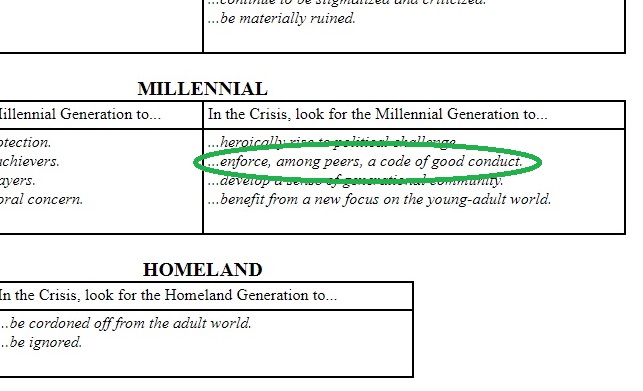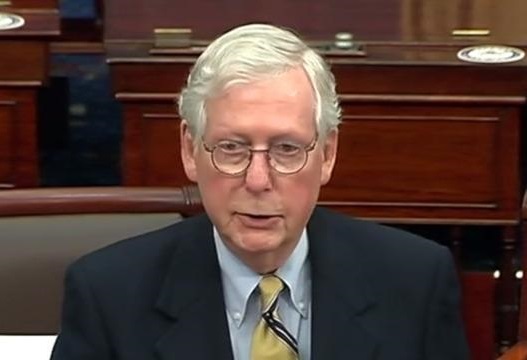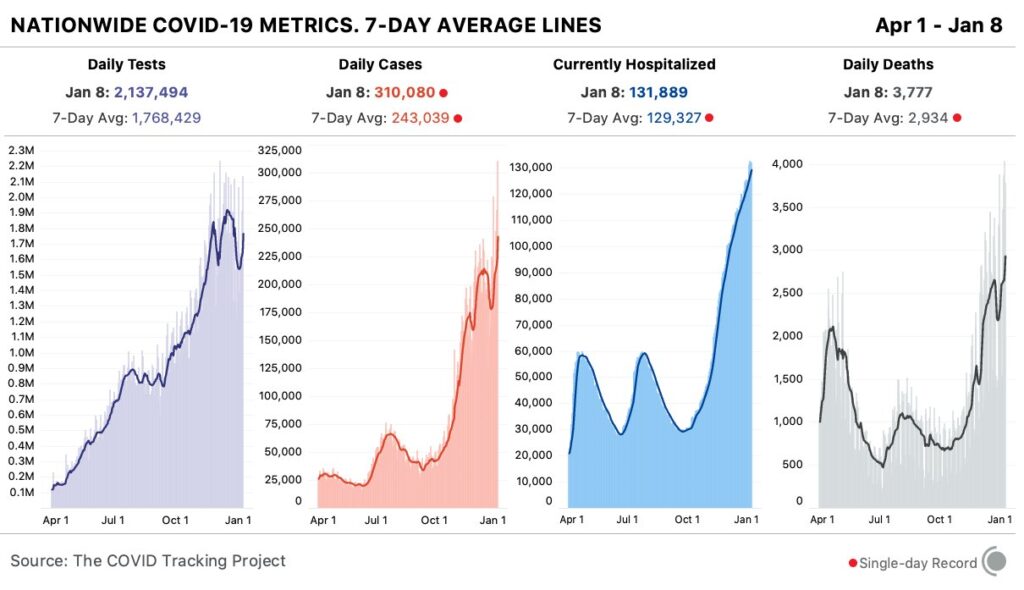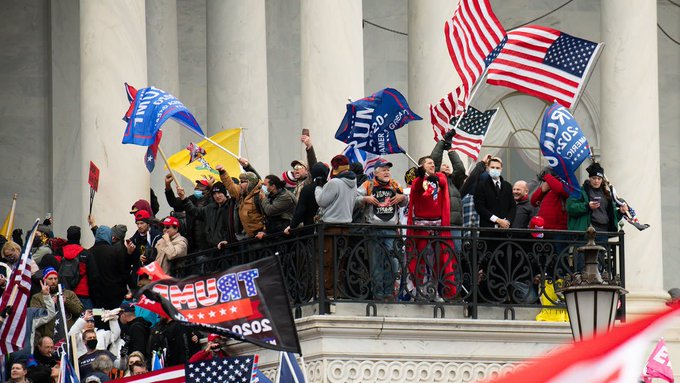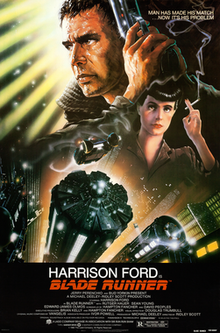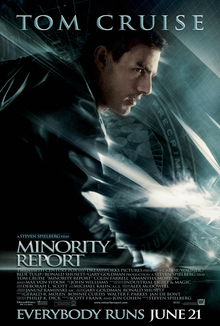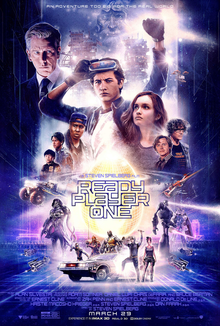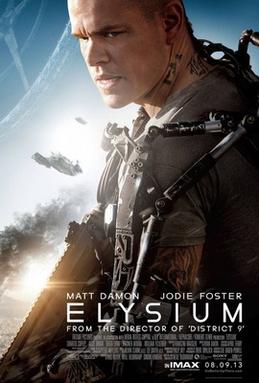More on “Cancel Culture” as Consensus Building
I’ve already brought up on this blog the idea that “cancel culture” is simply this era’s approach to building a social values consensus. I’ve tied it into Strauss-Howe generational theory, which describes a social cycle spanning four generations. In that cycle there is an era called an “Awakening,” which is a period when values are challenged and the social mood encourages moral transgression. Those who violate social norms are celebrated as visionaries. The last time we had such an era was during the “Consciousness Revolution” that started in the 1960s.
But we’re now at the other end of the cycle, in the “Crisis” era. Values are not being challenged but rather implanted, to guide the establishment of a new order. Those who violate the new social norms are condemned for backward thinking. That is what is happening to the prominent people who find themselves getting “cancelled” when they express views or engage in behaviors which go against the grain of the new values consensus. They can complain about “political correctness” all that they want, they are nonetheless going to run into the simple fact that violating social norms, at least in this social era, means being shunned by society.
Which is exactly the point made in this excellent opinion piece by Dr. Lora Burnett. She starts with an example from a movie, and then connects the movie scene with how appointees of the recent administration were treated in public. She then segues into her argument, that “there is no such thing as ‘cancel culture’ — there is only culture.” Meaning that this phenomenon of “cancelling” is simply the enforcement of cultural norms.
I couldn’t agree with her more. And I think that the problem that those who decry cancel culture have is that they are not happy with the new cultural norms that are forming. Which is their right, and it’s understandable to be concerned that the enforcement of norms can go too far. Is there a danger of a new McCarthy Era arising, where all dissent is suppressed? I think so, and that would take us to a new social era.
Although, truly, most targets of cancel culture don’t have their lives ruined, assuming they haven’t committed any crime. They simply face the scrutiny of the public when in the public space, which is to be expected. The video below from the channel “The Take” goes into all the angles of the phenomenon.
This video brings up the “letter on open debate” which was published in Harper’s magazine and signed by numerous authors and opinion makers. In it, the authors condemn “a new set of moral attitudes and political commitments that tend to weaken our norms of open debate and toleration of differences in favor of ideological conformity.” Again, it’s understandable that, as purveyors of ideas, this would concern them. But they’re missing the zeitgeist.
In the social cycle, we’re turning away from openness and debate and towards resolution and conformity. It’s needed to address the vast political and economic problems that our society has failed to address over the past several decades. Older generations find this disconcerting after a long, free-wheeling period of everyone thinking for themselves. But to get any traction on achieving real world change, we need agreement. So younger generations are likely to say, “get with the program or shut the hell up.”
